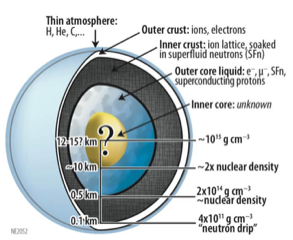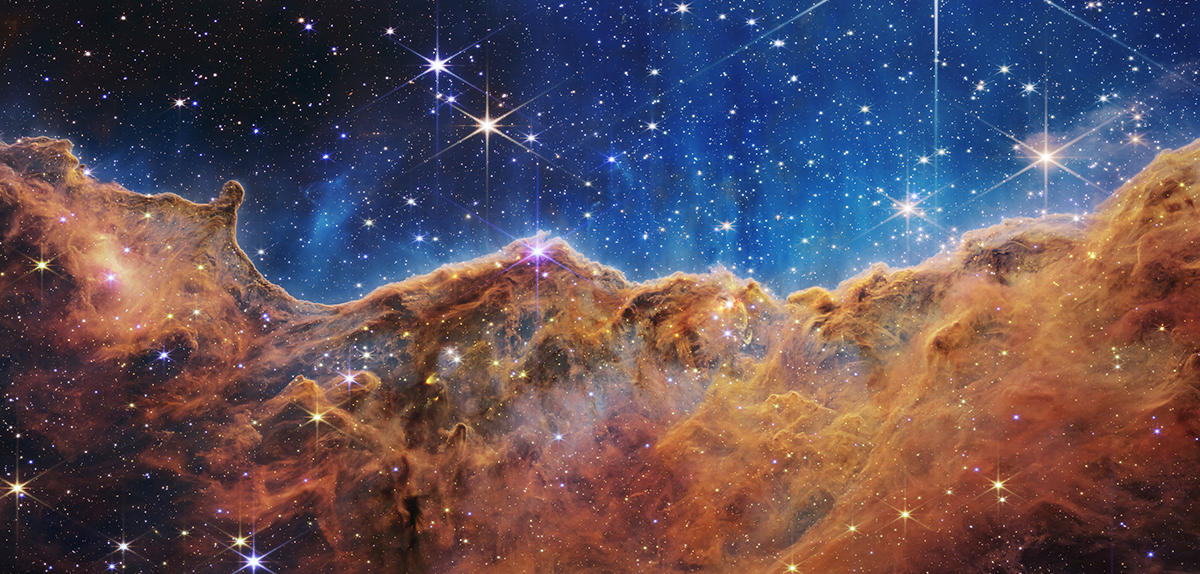Observing clusters of galaxies in the X-ray domain
le 21 octobre 2022, 11h à 13h, Nicolas Clerc, salle Jules Verne, OMP, site Belin
Observations of galaxy clusters at X-ray wavelengths offer a unique window to understanding the physical processes governing the assembly of large-scale structure in our Universe and the cosmic web. X-rays signpost the hot and tenuous gas that permeates the entire volume of galaxy clusters; in fact, these rare massive objects are the most luminous extended X-ray sources. Galaxy clusters are also sensitive probes of cosmological models, especially relevant to study the ‘dark energy’. How many galaxy clusters are known and what does it take to find them all? How do they form and evolve and how diverse are they? What is the interplay between galaxies, dark matter and the hot gas in these systems? We will see some techniques and recent progress accomplished in the field of galaxy cluster science, in particular results obtained by the XMM-Newton and Chandra observatories and the eROSITA survey. We will look to the future and discuss challenges and opportunities offered by high-resolution spectroscopy in the X-ray domain, as facilities like XRISM and Athena will enable.






